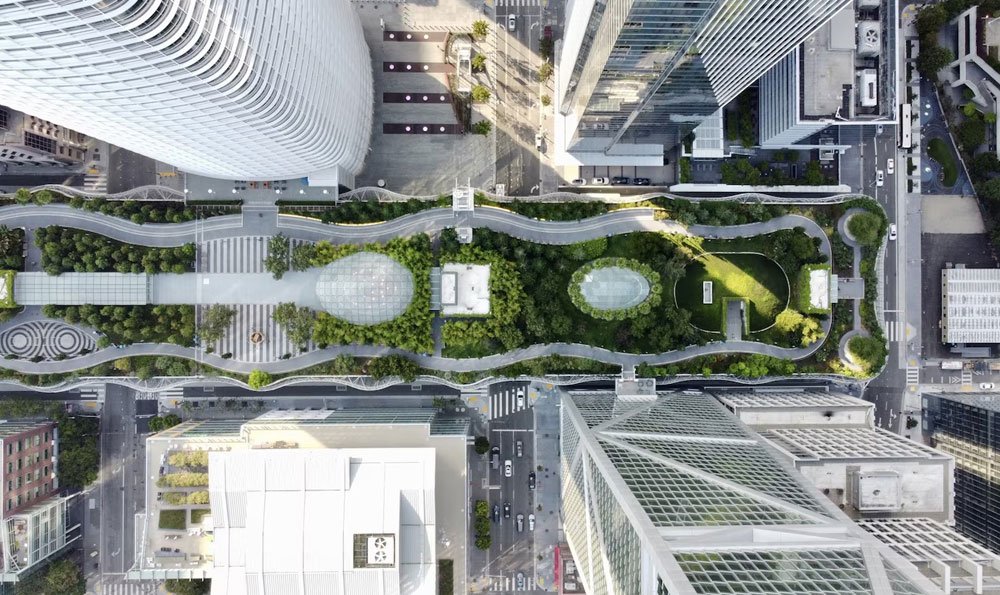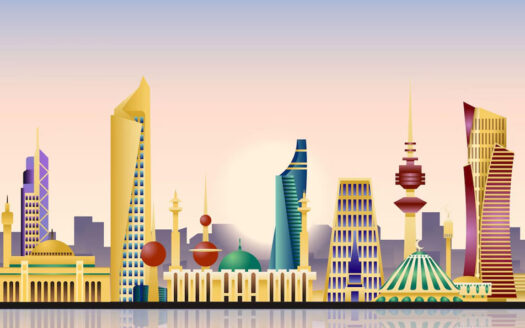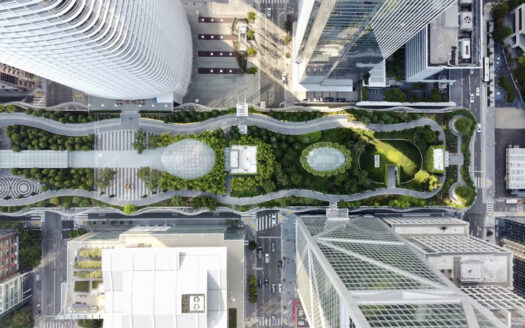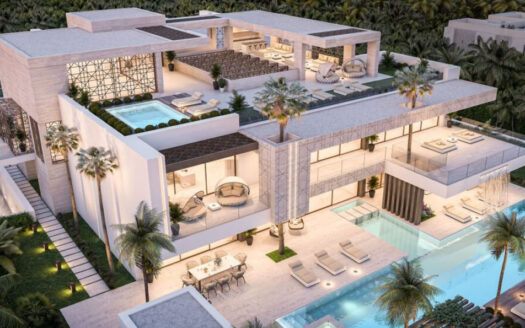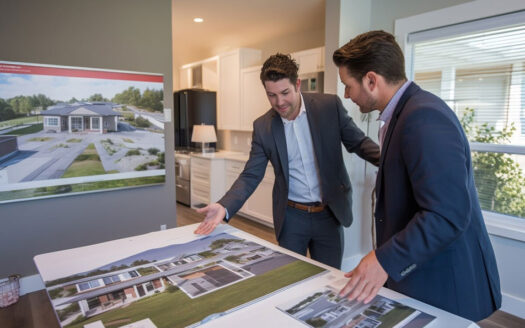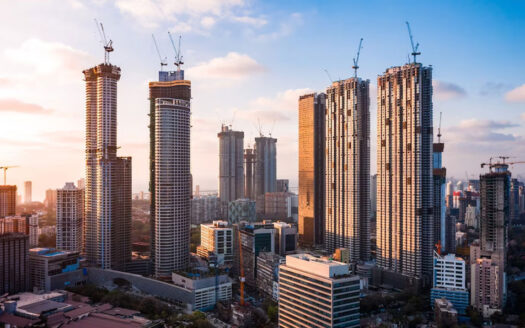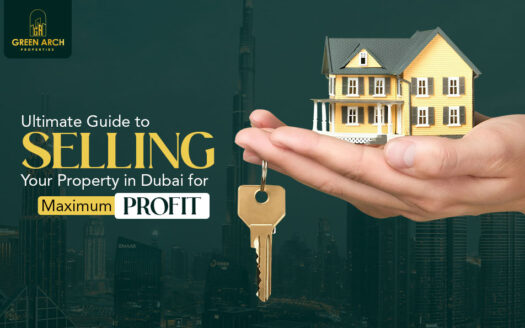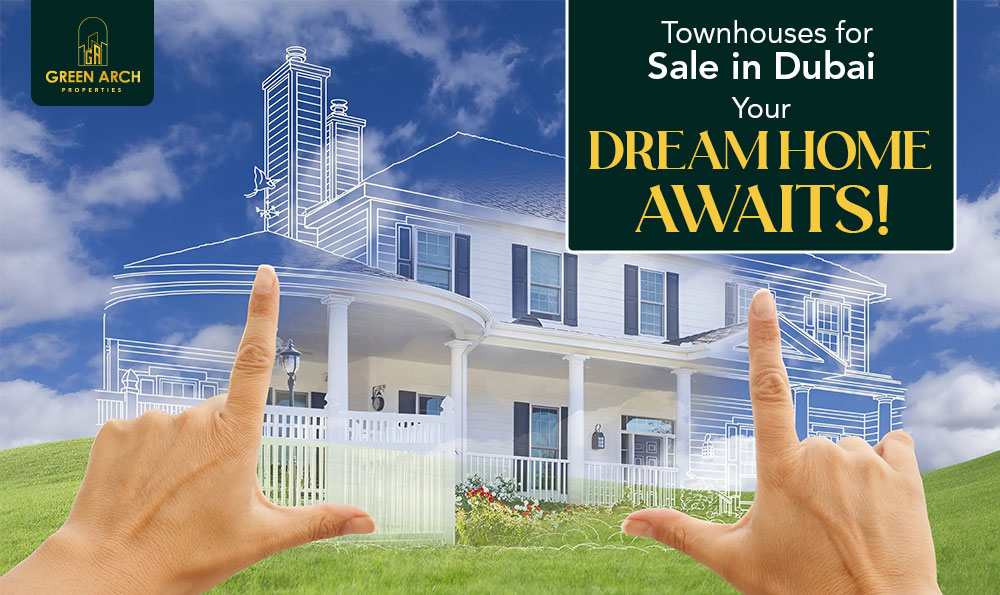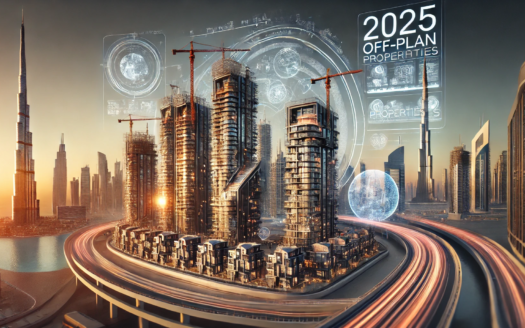Who will not love living in a city where traffic flows seamlessly, energy comes entirely from renewable sources, and technology enhances every aspect of daily life?
Sounds like an ambitious dream only, right?
But, in the Middle East, this isn’t just a futuristic dream; it’s happening right now!
Countries like the UAE, Saudi Arabia, and Qatar are investing heavily and leading a revolutionary shift toward smart cities due to their need for economic diversification.
These initiatives aim to revolutionize urban living by integrating advanced technologies with sustainable practices, addressing challenges like rapid urbanization and environmental concerns.
This article explores the region’s most advanced smart cities, taking a dip into their innovative technologies, sustainability efforts, and potential to redefine urban living.
Let’s Take a Look at Top Smart City Projects in the Middle East!
Here is an in-depth look at some of the region’s most ambitious smart city projects, highlighting their core innovations and the impact they aim to achieve.
The Sustainable City, Dubai, UAE
The Sustainable City in Dubai stands as the Middle East’s first operational sustainable development and is acclaimed as the happiest community in the Gulf Cooperation Council (GCC). This 5-million-square-foot development serves as a global benchmark for net-zero living, showcasing how urban areas can harmoniously balance modern living with environmental stewardship.
Key Features:
- 100% Renewable Energy: The city utilizes solar power through photovoltaic panels installed on residential and parking rooftops, achieving high energy efficiency with up to 60% savings on electricity bills.
- Water Conservation: Utilizes smart irrigation systems to maintain a productive urban landscape while significantly reducing water demand. All wastewater is treated and reused for irrigation purposes.
- Waste Management: Implements waste separation at the source, achieving over an 89% landfill diversion rate, thereby promoting recycling and reducing environmental impact.
- Sustainable Transportation: Features shared electric buggies, electric vehicle (EV) charging stations, and car-free residential clusters to encourage walkability and reduce carbon emissions.
- Green Spaces: Includes a central green spine with 11 biodomes and community gardens, fostering local food production and enhancing biodiversity.
Why it Matters:
The Sustainable City serves as a practical model for sustainable urban development in the UAE, demonstrating that eco-friendly living is both achievable and beneficial. Its success influences future city projects aiming for environmental sustainability and improved quality of life.
NEOM, Saudi Arabia
NEOM is Saudi Arabia’s flagship smart city project, representing a bold vision for the future of urban living. With an investment exceeding $500 billion, NEOM aims to create a hub for innovation, sustainability, and economic diversification. The project encompasses several key districts, each with unique features designed to redefine urban development.
Key Districts:
- The Line: A revolutionary 170-kilometer-long linear city designed with no roads, cars, or carbon emissions. The Line aims to accommodate 9 million residents within a footprint of just 34 square kilometers, promoting a new model of urban efficiency and sustainability.
- Oxagon: Envisioned as the world’s largest floating industrial complex, Oxagon integrates advanced technologies such as artificial intelligence (AI) and robotics to revolutionize manufacturing and logistics. Its strategic location along the Red Sea is set to enhance global trade connections.
- Trojena: A high-tech mountain resort offering year-round outdoor activities, including skiing, despite its desert location. Trojena combines luxury tourism with sustainable practices, featuring energy-efficient infrastructure and a commitment to preserving the natural environment.
Why it Matters:
NEOM represents a significant step toward redefining urban development and sustainability on a global scale. By integrating cutting-edge technologies and innovative design, it aims to create a model for future cities that prioritize environmental responsibility, economic growth, and enhanced quality of life.
Lusail City, Qatar
Lusail City is Qatar’s first fully integrated smart city, meticulously designed to embody sustainability and innovation. Covering 38 square kilometers, it is set to accommodate over 200,000 residents and includes residential, commercial, and recreational areas.
Key Features:
Integrated Transportation: Lusail City features a comprehensive transportation system, including a Light Rail Transit (LRT) with 38 stations across 38 km, a water transport system utilizing the marina and Grand Canal, and a 67 km network of cycle and pedestrian pathways.
Sustainable Infrastructure: The city boasts one of the world’s largest district cooling systems, designed to save 65 million tons of CO₂ annually. Additionally, a pneumatic waste collection system supports waste segregation and recycling efforts.
Smart City Concept: Lusail integrates smart technologies such as city-wide smart metering, smart grids, and an integrated traffic management system to enhance residents’ quality of life.
Why it Matters:
Lusail City successfully demonstrated its smart infrastructure capabilities during the FIFA World Cup 2022, showcasing how integrated technologies can enhance urban living. Its development sets a precedent for future smart city initiatives in Qatar and beyond, emphasizing the importance of sustainable and technologically advanced urban planning.
Masdar City, Abu Dhabi, UAE
Initiated in 2006, Masdar City is one of the earliest and most renowned smart city projects in the Middle East. Located in Abu Dhabi, it serves as a global center for innovation in renewable energy and sustainable urban development.
Key Features:
- Car-Free Zones: Designed with pedestrian-friendly streets and a network of electric public transportation options, reducing reliance on personal vehicles and lowering carbon emissions.
- Carbon-Neutral Design: Incorporates energy-efficient buildings constructed with low-carbon materials, contributing to a reduced environmental footprint.
- Masdar Institute: Hosts a leading research institution focused on advancing renewable energy and sustainable technologies, fostering innovation and knowledge sharing.
Why it Matters:
Masdar City stands as a pioneering model for sustainable urban development, influencing global projects aiming to balance growth with environmental responsibility. Its ongoing evolution continues to provide valuable insights into the integration of renewable energy and sustainable practices in urban settings.
King Abdullah Economic City (KAEC), Saudi Arabia
King Abdullah Economic City is a megaproject aligning with Saudi Arabia’s Vision 2030, aiming to diversify the economy and create a world-class business and industrial hub. Situated along the Red Sea coast, KAEC spans approximately 181 square kilometers.
Key Features:
- Smart Logistics and Industrial Automation: Employs AI-driven systems to enhance supply chain efficiency, streamline operations, and reduce costs within its industrial zones.
- Digital Governance: Offers digital platforms for businesses and residents, facilitating seamless interactions with government services and promoting a transparent, efficient administrative environment.
- Sustainable Real Estate: Develops energy-efficient residential and commercial spaces that incorporate smart technologies to optimize energy consumption and environmental sustainability.
Why it Matters:
King Abdullah Economic City is designed to be a major global trade and industrial hub, attracting businesses and investors while fostering economic growth in Saudi Arabia. Its emphasis on smart logistics and sustainable infrastructure sets a new standard for economic cities worldwide.
King Salman Energy Park (SPARK), Saudi Arabia
King Salman Energy Park, also known as SPARK, is a state-of-the-art smart city focused on energy innovation, industrial automation, and sustainability. Covering an area of 50 square kilometers, SPARK is strategically located between Dammam and Al-Ahsa, serving as a key hub for the global energy sector.
Key Features:
- AI-Driven Industrial Automation: Integrates artificial intelligence and robotics in manufacturing and logistics, enhancing efficiency and reducing operational costs.
- IoT-Powered Logistics & Smart Warehousing: Utilizes Internet of Things (IoT) technology to optimize supply chain operations, ensuring seamless coordination and real-time tracking of goods.
- Sustainable Infrastructure: Designed with eco-friendly building materials, smart energy grids, and wastewater recycling systems to minimize its environmental impact.
Why It Matters:
SPARK is positioned as a global energy hub that blends smart city technologies with industrial innovation. By fostering research and development in renewable energy and advanced manufacturing, it plays a crucial role in Saudi Arabia’s long-term economic and sustainability goals.
Why the Middle East is Investing in Smart Cities
With rising urban populations, environmental challenges, and the need for economic diversification, Middle Eastern countries are investing in smart city projects as a solution to future-proof their economies and enhance residents’ quality of life.
But what exactly is fueling this shift?
Here are some drivers of why the Middle East is investing in smart cities:
Rapid Urban Expansion
With cities in the Middle East expanding at an unprecedented rate, traditional urban planning struggles to keep up. Traffic congestion, infrastructure pressure, and growing energy demands are significant challenges. Smart cities tackle these issues by using AI-driven urban planning, data analytics, and IoT-powered infrastructure to create more efficient, connected, and livable spaces.
Sustainability Challenges
The region’s harsh climate, water scarcity, and high carbon emissions make sustainability a top priority. Smart cities in the Middle East integrate sustainable city project ideas, such as solar-powered grids, energy-efficient buildings, and AI-driven waste management, to create eco-friendly urban environments that minimize environmental impact.
Economic Diversification
As Middle Eastern economies move away from oil dependency, smart cities play a key role in fostering technology-driven industries. By attracting investment in AI, green energy, and digital governance, these cities are becoming hubs of innovation, supporting long-term economic growth and job creation.
Government Strategies & Vision 2030 Initiatives
To accelerate the transition towards smart cities, Middle Eastern governments have introduced ambitious national visions that prioritize technology, sustainability, and urban development.
Saudi Vision 2030
Saudi Vision 2030 aims to reduce reliance on oil and establish Saudi Arabia as a leader in smart city innovation. Projects like NEOM, a $500 billion futuristic city, are at the heart of this transformation, integrating AI, robotics, and renewable energy to redefine urban living.
UAE Vision 2031
The UAE is committed to becoming a global leader in digital transformation. UAE Vision 2031 focuses on sustainable smart cities, AI-powered governance, and renewable energy initiatives. Smart city projects in the UAE, such as The Sustainable City in Dubai, serve as models for eco-friendly urban living.
Qatar National Vision 2030
Qatar’s strategy integrates smart city frameworks into economic and social development. Lusail City, Qatar’s first fully integrated smart city, demonstrates this vision with AI-driven infrastructure, smart transportation, and green building initiatives.
These national visions are not just shaping the region’s future but positioning the Middle East as a global leader in smart and sustainable urban development.
Bottom Line!
The Middle East is redefining urban living through smart city projects that prioritize technology, sustainability, and innovation. From the sustainable city in the UAE to the futuristic NEOM in Saudi Arabia, these cities are setting new global benchmarks for smart urban planning.
As the region continues investing in sustainable city project ideas, the dream of futuristic, eco-friendly, and intelligent cities is rapidly becoming a reality. The future is here, and it’s smarter than ever.
Explore Smart City Living with Green Arch Properties
Looking to buy or sell property in Dubai? Green Arch Properties can help you find the perfect investment in one of the world’s most dynamic real estate markets. Whether you’re interested in ready homes or exploring off plan properties in Dubai, we have a wide selection tailored to your investment goals. Visit our website today to explore premium properties in Dubai’s most sought-after smart city developments.
Want to stay ahead of the latest real estate trends, smart city updates, and property investment insights in the UAE? Keep reading our Green Arch blog for expert knowledge and the latest news in the industry!


